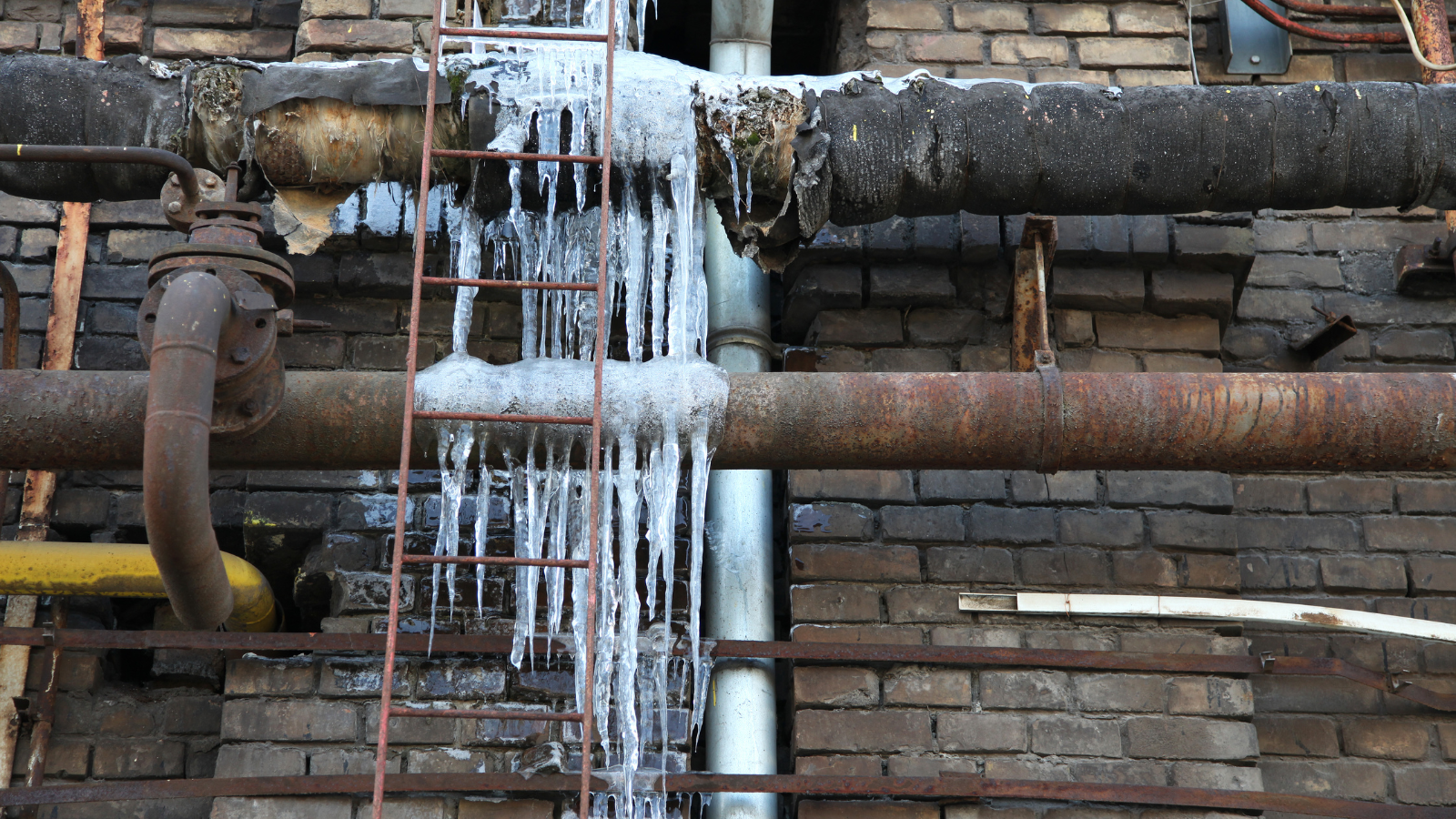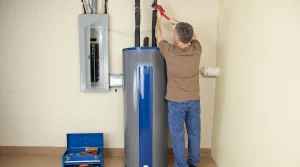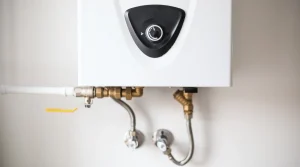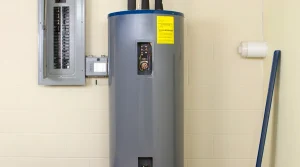Your home might sustain expensive damage from frozen pipes. especially throughout the cold months. Prevention is the key to safeguarding your plumbing and avoiding expensive repairs. In order to protect your plumbing and save costly repairs, prevention is key. Thankfully, you can keep your pipes secure throughout the winter by following the right safety precautions.
Key Takeaways:
- Insulate pipes: Focus on exposed pipes in unheated areas like basements and garages.
- Maintain warm indoor temperatures: Keep your thermostat consistent, even when away.
- Allow faucets to drip: A small water flow can prevent freezing.
- Seal leaks: Close gaps around pipes to reduce cold air infiltration.
- Install heating cables: Use heat tape or cables on vulnerable pipes for extra protection.
How Important is It to Know About Preventing Frozen Pipes in Winter?
Water expands as it freezes within pipes, increasing the risk of a fracture or pipe break. Your home may sustain significant water damage as a result of this disruption to your water supply. Preventing frozen pipes is not just about avoiding an inconvenience but protecting your home from potentially thousands of dollars in damage. Awareness of the risks and taking preventive steps may spare you a great deal of trouble and money.
Your comfort is our priority at Plumbing Clifton. Schedule your boiler service today and discover why our clients rely on us for consistent, high-quality care!
How Do I Keep My Pipes From Freezing in the Winter?
To prevent your pipes from freezing, it’s essential to maintain consistent warmth throughout your home and properly insulate your plumbing system. The key is to stop cold air from reaching your pipes and keep water flowing to prevent ice from forming.
5 Tips to Prevent Pipe Freezing
1. Insulate Pipes
Freezing pipe insulation is one of the best methods to prevent them, especially in unheated areas like attics, garages, as well as crawl spaces. Heat tape or pipe insulation wraps can offer an additional degree of security.
2. Keep the Heat On
If you’re leaving your home for an extended period, do not entirely turn off the heat. Keep your thermostat at least 55°F (13°C) to maintain warmth and prevent freezing.
3. Seal Leaks and Drafts
Cold air can seep through gaps around pipes. Seal any leaks, especially around windows, doors, and openings in walls, with caulk or insulation.
4. Let Faucets Drip
A small, steady drip from your faucets can release the pipes’ pressure and stop them from freezing. Moving water is less likely to freeze, so letting water trickle can be a simple yet effective solution.
5. Open Cabinet Doors
Where plumbing is housed within cabinets, such as under the sink, keep the doors open to allow warm air to circulate the pipes.
The Right Way to Thaw Frozen Pipes
Be immediately if you fear a pipe has frozen. but cautiously. First, turn off the water supply to avoid flooding if the pipe bursts. Then, gently heat—like a hair dryer or a portable space heater—to gradually thaw the pipe. Never use an open flame, as this could cause a fire. Always start thawing from the faucet and work your way back to prevent pressure buildup.
Permanent Pipe Freezing Protection Solutions
For long-term protection, consider more permanent solutions such as:
- Pipe insulation: Install foam or fiberglass insulation around pipes.
- Heat tape: Use thermostatically controlled heating cables These are suitable for encircling pipes to provide warmth.
- Relocate pipes: Moving pipes away from exterior walls and unheated spaces if possible.
- Install frost-proof spigots: Exterior faucets are particularly vulnerable, so installing
Take proactive steps to protect your plumbing this season. Here’s how you can prevent frozen or burst pipes
Conclusion
Preventing frozen pipes in winter is essential to defending your house against harm and expensive repairs. By taking, you may drastically lower the danger. proactive steps such as insulating pipes, sealing drafts, and maintaining consistent warmth. Knowing how to thaw pipes safely will help prevent further issues in the event of a freeze. Investing in permanent solutions ensures peace of mind and keeps your plumbing safe year after year.




